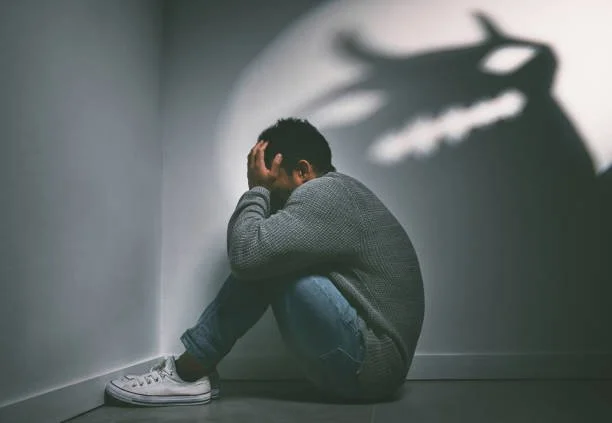Why Do I Feel Anxious After a Medical Procedure?: Coping with PTSD After a Medical Trauma
By Taylin D. Ramirez
Going through a serious medical event can be downright terrifying. And sometimes, the fear and stress don’t just disappear when you leave the hospital. If you’re feeling on edge, having nightmares, or avoiding anything that reminds you of the experience, you might be dealing with PTSD. But don’t worry—you’re not alone, and there are ways to get through this.
What is PTSD, and Why Does It Happen After Medical Trauma?
PTSD (Post-Traumatic Stress Disorder) isn’t just something that happens to soldiers. It can hit anyone who’s been through something intense—like a medical trauma, a near-death experience, a major surgery, or a painful medical procedure. Your brain goes into survival mode and sometimes doesn’t quite know how to turn it off afterward. Dive deeper into what medical trauma is here.
Signs You Might Have PTSD
If you’ve been feeling off since your medical trauma, here are some common PTSD symptoms to look out for:
Flashbacks & Nightmares – It feels like you're reliving the event repeatedly.
Avoidance – You go out of your way to avoid hospitals, doctors, or anything medical-related.
Emotional Numbness – Feeling detached from people or just not yourself.
You’re always on edge – You’re jumpy, irritable, or have trouble sleeping.
You struggle with negative Thoughts – Feeling hopeless, guilty, or like you’ll never be “normal” again.
Living with PTSD can be a silent battle with unseen wounds, but there is hope when you start your journey towards healing. #PTSDRecovery #MentalHealthAwareness
How to Cope with PTSD After a Medical Trauma
Okay, now that we know what’s happening, let’s talk about how to deal with it.
1. Talk to a Therapist - There’s no shame in getting help. Therapy can work wonders, especially with approaches like:
Cognitive Behavioral Therapy (CBT) – CBT helps change negative thought patterns.
Exposure Therapy – This slowly gets you comfortable with what triggers you.
Narrative Therapy – It might feel like just telling your story, but it helps you reframe your experiences and see yourself as more than your trauma.
Medication – If things feel unbearable, a doctor might suggest medication to help with anxiety and depression.
2. Try Relaxation Techniques- Your nervous system is stuck in high alert mode, so calming it down is key:
Deep breathing exercises
Meditation or mindfulness
Yoga or gentle stretching
3. Lean on Your People
You don’t have to go through this alone. PTSD can make you feel isolated, but opening up to others can be a huge step toward healing. Start by confiding in close friends or family members you trust by letting them know what you're going through and how they can support you. If talking to loved ones feels too overwhelming, you can join a PTSD support group. Connecting with others who have had similar experiences can provide comfort, validation, and practical advice on how to cope.
4. Take Care of Your Body
Move your body—exercise is a natural mood booster.
You would be surprised what a long walk in nature can do!
Eat well—good food fuels a good mood.
Sleep! Seriously, a lack of sleep makes everything worse.
5. Face Your Fears (Slowly)
Avoiding everything medical-related might feel safer, but it can make PTSD worse over time. The more you avoid it, the more powerful the fear becomes. Take back your power! Try taking small, manageable steps toward facing your fears. First, you can try reading about medical topics. When you feel ready, visit a clinic or hospital without an appointment—just to be in the environment for a few minutes. If that feels okay, have a casual conversation with a healthcare professional. The key is to go at your own pace while gently pushing beyond your comfort zone.
Healing from PTSD: During therapy sessions, recovery focuses on recovery, getting proper support, and improving your mental well-being. Seeking help is a step toward a healthier future!
When to Get Help
If PTSD is interfering with your daily life, making you feel hopeless, or leading to harmful thoughts, it’s time to reach out for professional help. There’s no weakness in seeking support—it’s a sign of strength. The sooner you seek help, the sooner you can start feeling better and reclaim your peace.
Final Thoughts
PTSD after medical trauma is tough, but you’re tougher. Healing takes time, but with the right support and self-care, you can start to work towards discovering your new sense of self. Remember, recovery isn’t a straight path, but every step forward, no matter how small, is progress. You are not alone! Take that first step and reach out today.


